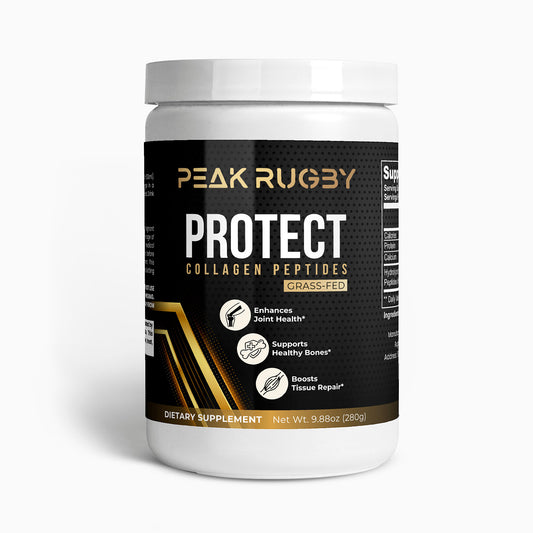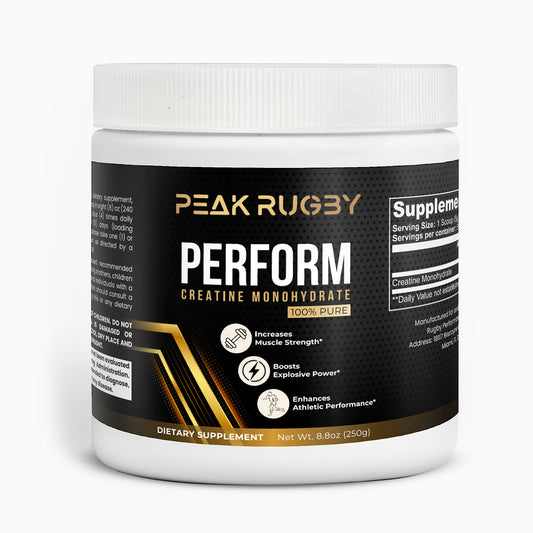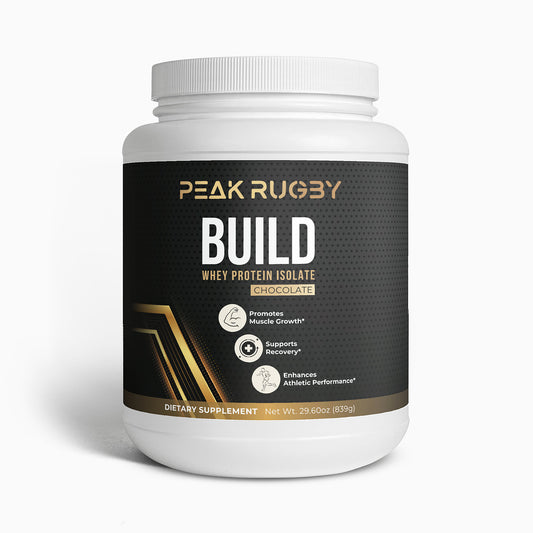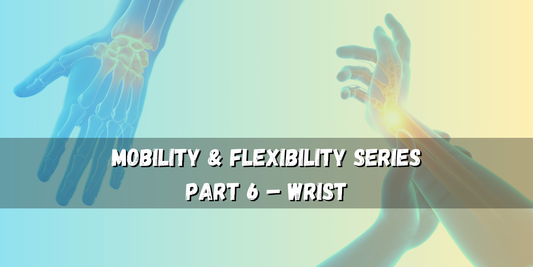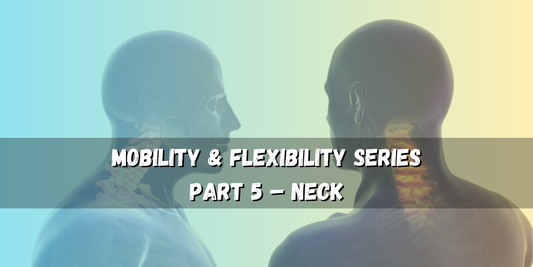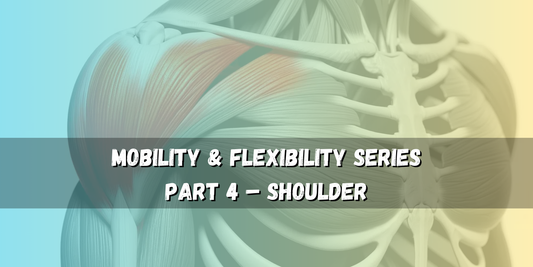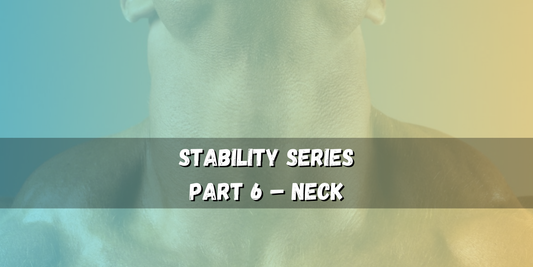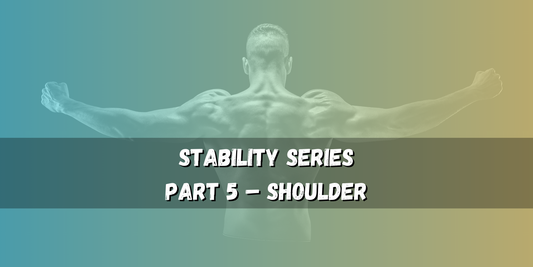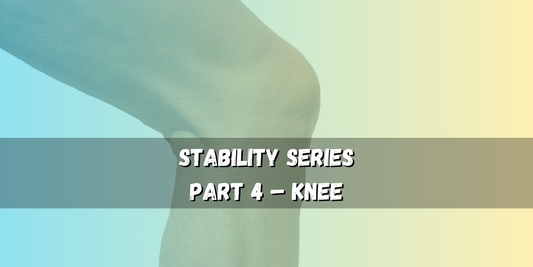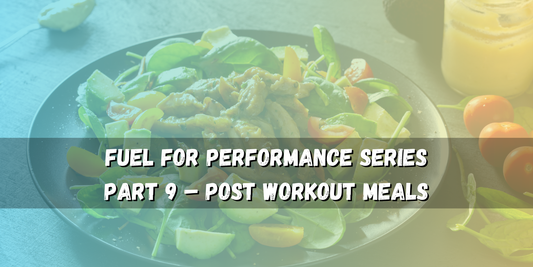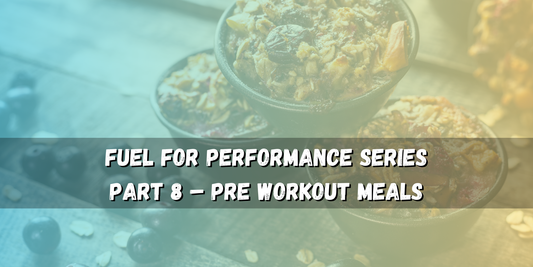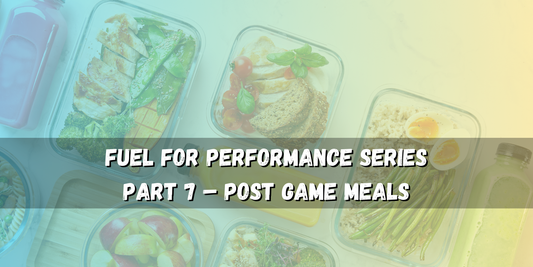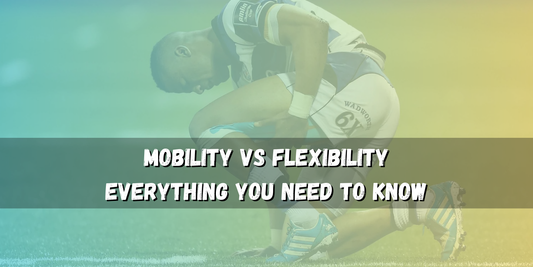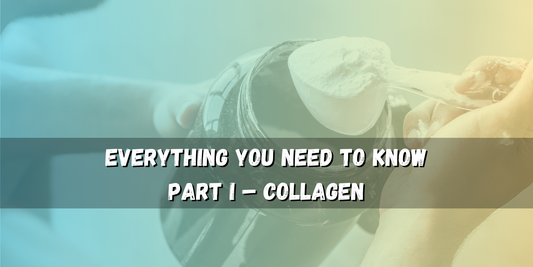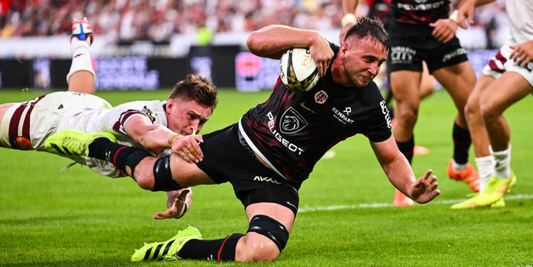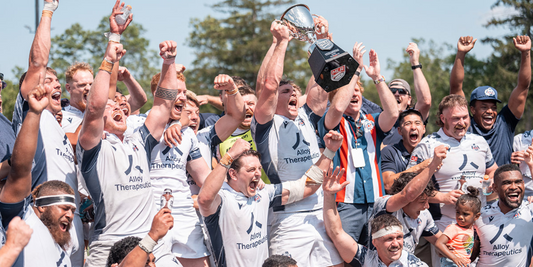Few nutrition myths have caused more confusion than this one: “If you want to lose weight, cut out fat.”
It makes sense at first glance — fat is higher in calories than protein or carbs (9 calories per gram vs. 4). But the idea that eating fat automatically makes you gain fat is an oversimplification that’s been misleading people for decades.
In Part 3 of the Nutrition Myths Series, we’ll break down why dietary fat isn’t the enemy, how the type of fat matters more than the amount, and how to use fat strategically to support performance, recovery, and long-term health.
Here’s how the series looks so far:
- Part 1: Fasted Cardio Burns More Fat — Fact or Fiction?
- Part 2: Eat Every 2–3 Hours — Does It Boost Metabolism?
- Part 3: Eating Fat Makes You Fat — The Real Story
- Part 4: Protein Shakes Hurt Your Kidneys — Science or Scare?
- Part 5: Build Muscle Without Supplements? — Here's the Edge
- Part 6: Skipping Breakfast Kills Metabolism — True of False?
- Part 7: Detox Cleanses Work — Or Just Marketing?
- Part 8: All Sugar Is Bad — What's the Truth?
- Part 9: Low-Calorie Diets Work Fast — But at What Cost?
- Part 10: Organic Is Always Healthier — Yes or No?
- Part 11: Plant-Based Can't Give Enough Protein — Can It?
- Part 12: Late-Night Eating Causes Fat Gain — Myth or Reality?
Let’s dive into the next one on the list: Eating Fat Makes You Fat.
WHY FAT GOT A BAD REPUTATION
Back in the 1980s and 90s, “low-fat” diets were marketed as the solution to obesity and heart disease. Supermarkets filled up with fat-free cookies, snacks, and frozen meals. The problem?
- Cutting fat often meant adding more sugar and processed carbs.
- People ate larger portions, assuming “low fat” meant “healthy.”
- The focus shifted from food quality to food labels.
The result: weight gain, not weight loss.
THE TRUTH ABOUT DIETARY FAT
- Calories count: Fat is calorie-dense, so portion size matters.
- Hormones & recovery: Healthy fats support hormone balance, joint health, and recovery from training.
- Nutrient absorption: Vitamins A, D, E, and K need fat to be absorbed.
- Satiety: Fats help you feel full and satisfied, preventing overeating.
NOT ALL FATS ARE EQUAL
- Healthy fats: Avocados, nuts, seeds, olive oil, fatty fish (salmon, sardines), egg yolks.
- Limit these: Processed oils (soybean, corn, canola), deep-fried foods, trans fats in packaged snacks.
It’s not about cutting out fat — it’s about choosing the right ones.
WHEN EATING TOO MUCH FAT CAN HURT
- If total calorie intake is consistently above your needs.
- If you rely on fried/processed foods instead of nutrient-rich sources.
- If fat crowds out protein and carbs, leaving your diet unbalanced for training.
BOTTOM LINE
Eating fat doesn’t make you fat. Eating too many calories — from fat, carbs, or protein — does.
Focus on balance: include healthy fats daily, pair them with lean protein and quality carbs, and avoid extremes (very low fat or very high fat).
WANT TO FIND THE RIGHT MEAL PLAN FOR YOU?
Guessing often leads to inconsistent results. Knowing your exact calorie and macro targets takes out the guesswork.
That’s why I offer a free 1-on-1 Nutrition Snapshot where we’ll:
- ✅ Review your current eating habits
- ✅ Calculate your calorie & macro targets
- ✅ Build a fueling plan that matches your training and lifestyle
🔗 Click here to book your free Nutrition Snapshot and stop guessing about what’s “best” — start eating with purpose.
If you found this article helpful, don’t forget to:
- Like and share this post with your teammates and fellow rugby fans
- Bookmark the blog to stay updated on the next rounds
- Follow @gopeakrugby on X and Facebook and subscribe to our Youtube Channel for more rugby analysis, match recaps, and insights


